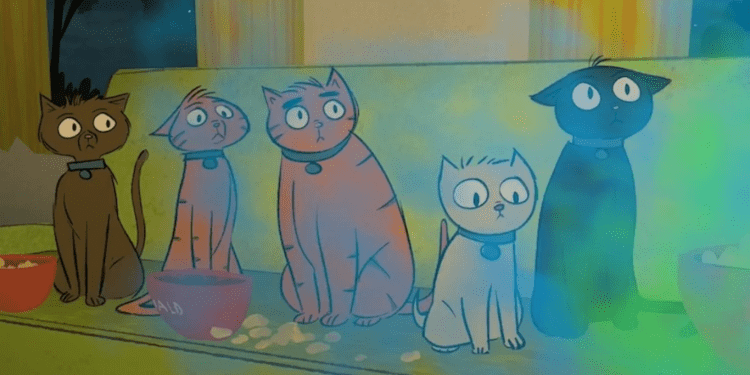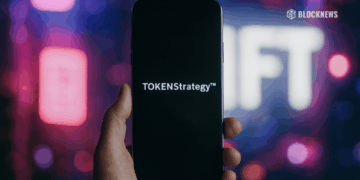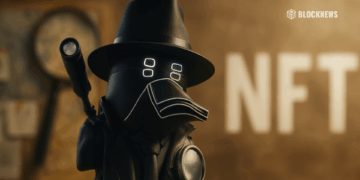- The SEC has moved against Stoner Cats 2 LLC over their NFT sales, calling them unregistered cryptocurrency securities offerings.
- The SEC expressed concerns about the company profiting from secondary sales, with revenue amounting to over $20 million.
- A dissenting opinion within the SEC draws comparisons to Star Wars’ past marketing tactics, suggesting inconsistent enforcement.
Federal regulators are turning a scrutinizing eye toward the digital collectible marketplace. The U.S. Securities and Exchange Commission (SEC) has recently put the brakes on Stoner Cats 2 LLC’s activities, the team behind the popular “Stoner Cats” animated series. The SEC alleges the company sold nonfungible tokens (NFTs) without the necessary registration, akin to cryptocurrency securities.
Diving deeper into the regulatory body’s concerns, the spotlight shines on how Stoner Cats 2 LLC advertised its digital collectibles. The company hinted at the NFTs appreciating in value, luring buyers with the allure of possible future sales. Additionally, a resale clause allowed the company to pocket 2.5% from each subsequent sale. The sales data is staggering: over 10,000 NFTs, with a price tag of $800 apiece, made their way into buyers’ digital wallets. With the revenue, the company financed the creation of its animated series. The subsequent sales of these tokens in the secondary market amounted to a value that crossed the $20 million threshold.
However, the verdict from the SEC isn’t without its detractors, even internally. Commissioners Hester Peirce and Mark Uyeda diverge from the official stance, framing the sales as something more benign: fan crowdfunding. This form of raising funds, they argue, is a widespread tactic amongst entertainers. These commissioners are calling for clear rules of the game, pressing the SEC to offer lucid guidelines instead of clamping down on emerging NFT projects.
The duo also casts a glance back in time, highlighting a comparable scenario. They reference the 1970s Star Wars promotional wave when Kenner, a toymaker, hawked certificates that promised future toys, sweetened with a chance to enter the Star Wars fandom. The implication? If the SEC had been wielding its regulatory hammer with an even hand, they might have stepped in during this Star Wars initiative.
The ripple of disapproval extends beyond the SEC’s walls. Well-known crypto commentator, Crypto Tea, took to YouTube to share her two cents. In her view, Stoner Cats leveraged the raised funds appropriately, funneling them into their series production. Recounting her own buying experience, she stated her purchase was driven by enjoyment and a nod of support, devoid of profit expectations.
Rising NFT Scams Alarm Digital Art Buyers
Digital art enthusiasts are treading with caution as NFT scams surge. Recently, multiple deceptive practices have come to light. Among these is the “rug-pull” tactic where, after successful sales, creators pull their art pieces from the market. This abrupt move renders the buyer’s tokens valueless. Another alarming scheme involves “phishing,” where attackers deceitfully obtain private keys or wallet details from unsuspecting victims on sham platforms.
In a deceptive bait strategy, con artists make appealing high bids to grab a seller’s attention, only to retract these bids shortly after. “Pump-and-dump” schemes are also gaining traction. Here, organized groups artificially inflate an NFT’s price through exaggerated promotion. They subsequently flood the market with sales, causing prices to plummet and resulting in significant losses for unsuspecting purchasers. Additionally, the sale of counterfeit NFTs is rampant. These imitations, often exploiting renowned artists’ reputations, are passed off as genuine.
As the NFT landscape evolves, potential buyers are urged to be vigilant and conduct due diligence to safeguard their investments.














